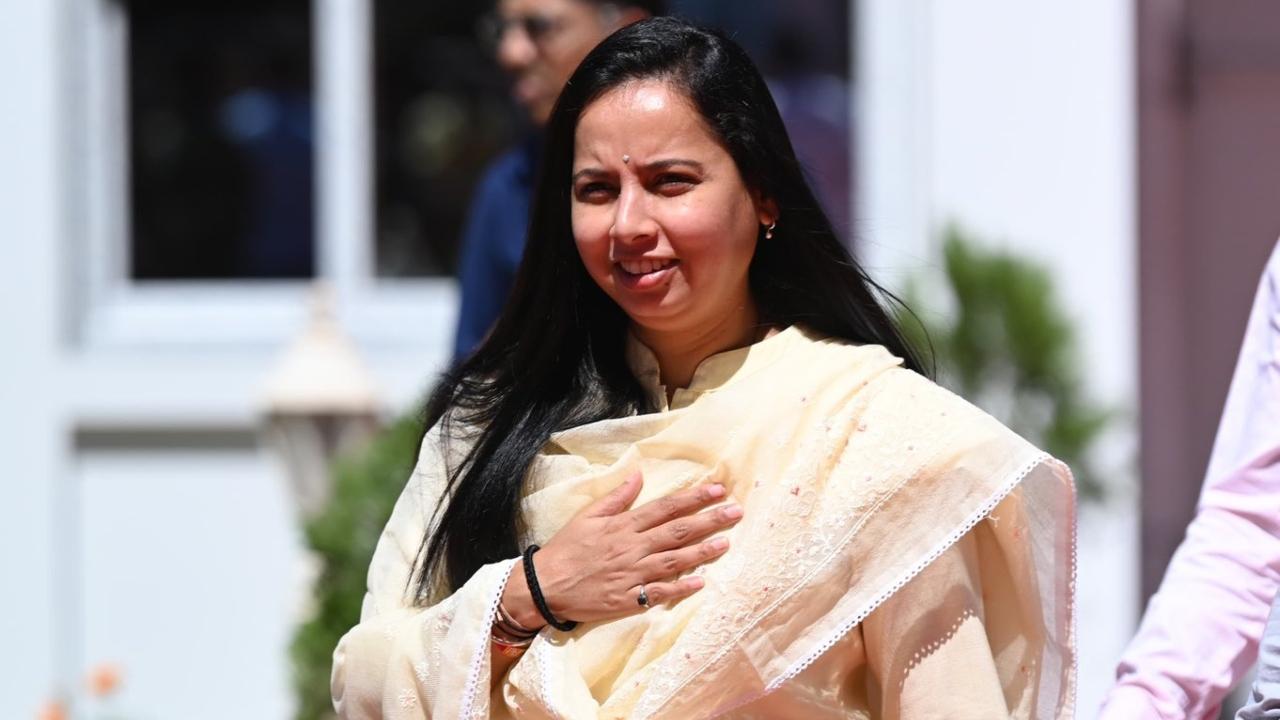The Maharashtra government has decided to expand the scope of its Mission Vatsalya scheme to provide benefits to all widows, single and deserted women, state Women and Child Development Minister Aditi Tatkare has said, reported news agency PTI.
The scheme was initially launched in 2021 during the COVID-19 pandemic to support children who had lost both parents to the ailment as well as widowed women.
At the time, committees under tehsildars were constituted at the taluka level to ensure such orphans and widows could access government aid and essential certificates, including death and income certificates, caste certificates, widow pension, ration cards, housing support and other social security benefits, reported PTI.
Tatkare on Friday said that the government will now organise camps and outreach programmes at the district level to ensure widows and single women receive the benefits of various state welfare schemes under the `government at your doorstep` initiative.
“The expansion of Mission Vatsalya will provide social and economic security to women and bring relief to all single women in Maharashtra,” she said, reported PTI.
Maharashtra expands mobile forensic lab fleet to 59 to speed up crime detection
Meanwhile, in an attempt to strengthen scientific investigation into crimes and speed up detection, the Maharashtra government has expanded its fleet of mobile forensic laboratories from 21 to 59 across the state, an official said on Saturday, reported PTI.
Chief Minister Devendra Fadnavis inaugurated the country`s first set of 21 mobile forensic vans on January 27, making Maharashtra the pioneer state in the field.
With the expansion, mobile forensic units are now deployed in key urban centres and at divisional and district police offices.
In Mumbai, vans have been stationed at Chembur (East region), Bandra (West), Kandivali (North), Byculla (Central), and Nagpada (South), and one at the Railway Commissionerate.
Similar facilities have been made available in Navi Mumbai, Nagpur, Thane, Pune, Pimpri-Chinchwad, Solapur, Nashik, Chhatrapati Sambhajinagar, Amravati and other districts, taking the total count to 59, reported PTI.
As per an official release issued on Friday, these vehicles are equipped with advanced bio-chemical, chemical, biological, physical and digital forensic tools that enable evidence collection directly from crime scenes, reducing dependence on eyewitness accounts and preliminary testimony.
The Directorate of Forensic Science Laboratories (DFSL) stated that the vans were deployed for multiple cases, helping collect 3,432 pieces of evidence statewide.
According to officials, the initiative has brought transparency in evidence collection and accelerated the process of establishing criminal culpability, reported PTI.
The state police are facing new challenges as the nature of crime changes every day, and criminals use new methods, which complicate investigations. To match the evolving crime patterns, the investigative machinery also needed an upgrade, they said, reported PTI.
Earlier, investigation depended largely on eyewitness accounts and primary testimony, with limited use of DNA analysis, making speedy crime detection difficult. With mobile forensic vans, however, it has become possible to collect all types of evidence directly from the crime scene, the release stated.
(With inputs from PTI)







